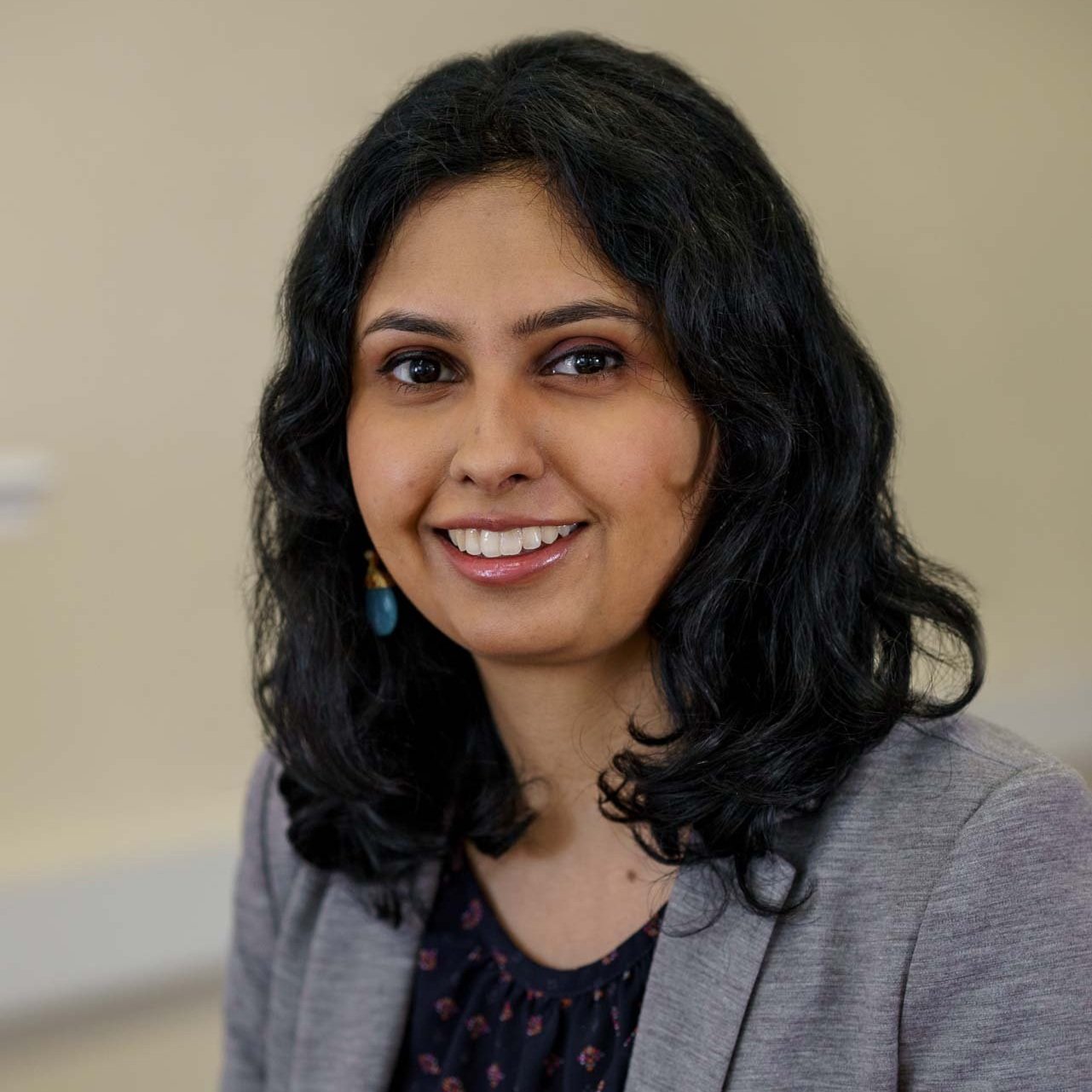Amanda Maria Horzyk
Amanda Horzyk is a PhD candidate in Responsible NLP. Her research bridges legal and technical perspectives in developing leading solutions to complex issues presented by Artificial Intelligence, the Internet and Virtual Reality.
Andrew Linn
Andrew is a third year PhD student with the Usher Institute, researching the implementation and evaluation practices of robotic surgery systems. Andrew’s research draws on his roots in moral theory, and its application to contemporary medical high technology, as well as practice theory empowered by an ethnographic methodology.
Andrew S. Zelny
Andrew’s academic interests focus on the intersection between ethics, psychology, and technology and how these fields come together to influence technological innovation and the development of moral character.
Atoosa Kasirzadeh
January 2022 - June 2024
Prior to her appointment as Assistant Lecturer at Carnegie Mellon University, Dr Atoosa Kasirzadeh was Chancellors Fellow and Research Lead at the CTMF. She had previously held research posts with Australian National University’s Humanising Machine Intelligence project and with DeepMind.
Ayça Atabey
Ayça is a PhD candidate at the University of Edinburgh. She conducts interdisciplinary research at the intersection of law and human-computer interaction and focuses on fairness and child-centred AI in education.
Benedetta Catanzariti
Dr Benedetta Catanzariti is a British Academy Post-Doctoral Fellow in Science, Technology and Innovation Studies at the University of Edinburgh. Her work explores the social, ethical, and political dimensions of data-driven technologies, with a focus on machine learning and its related data practices. She is also a core member of the Edinburgh-based network AI Ethics & Society.
Bhargavi Ganesh
Bhargavi’s PhD research project is A Responsibility Framework for Governing Trustworthy Autonomous Systems, co-supervised in the School of Informatics and School of Philosophy, Psychology and Language Sciences.
Burkhard Schafer
Burkhard is Professor of Computational Legal Theory, with a particular interest in the use of technology in the justice system, legal responses to technological developments, and the changing vision of the just society under the rule of law.
Carolina Sanz de la Fuente
Carolina studies the transhumanist movement - which seeks to transform biology with nanotechnologies, biotechnologies and AI - and its critiques; by resorting to computer scientists, continental philosophers and theologians, her research aims to mediate this battle and develop an interdisciplinary technology ethics.
Caterina Moruzzi
In her research, Caterina weaves together philosophical dimensions of digital technologies and the analysis of creative practices to investigate the impact that emerging technological innovations have on the creation, consumption, and ownership of content.
Charlotte Bird
Charlotte's work will focus on AI ethics in creative spaces, such as the interdisciplinary discussions about computational creativity as a tool for enhancing AI ethics, generative models, and human-algorithm collaboration.
Claire Barale
Claire's current research focuses on building AI data-driven tools able to effectively and ethically improve legal decision making in the context of refugee law. She is exploring the links between machine learning and other disciplines such as law and human rights processes, cognitive sciences, human-AI cooperation and ethics.
Cristina Richie
Dr Cristina Richie joined the Centre in August 2023. She is Lecturer and Cohort Lead for the MSc in Data and Artificial Intelligence Ethics at the University of Edinburgh’s Futures Institute. Her research is driven by a global vision of clean, just, and ethical health care and technology through the development of strategies and policies.
Denisea Fernandez
2020 - 2023
Denisea’s PhD research looked at the social and cultural attitudes regarding women that inform current sex robot designs, as well as their broader ethical implications.
Des Higham
Des Higham is Professor of Numerical Analysis in the School of Mathematics at the University of Edinburgh with interests that include the study of vulnerabilities in Artificial Intelligence systems.
Elena Walsh
Nov 2022 - Feb 2023
Elena is a Lecturer in philosophy at the University of Woolongong, Australia. She works on emotion and emotional dispositions, drawing especially on dynamical systems theory, life history theory, and predictive processing models of mind.
Elisa Cardamone
Elisa’s work explores how we can empathise with the lived experience of ageing populations, designing digital devices and services that respond to their hopes and fears.
Emily Postan
Dr Emily Postan is a Chancellor's Fellow in Bioethics in Edinburgh Law School. Her research focuses on the ethical implications of the ways that encounters with health data and health technologies affect our identities and relationships to others.
Fabio Tollon
Dr Fabio Tollon is a philosopher of technology with interests in the ethics of AI, moral responsibility, and free will. He is a postdoctoral researcher as part of the BRAID (Bridging Responsible AI Divides) Programme.
Gavin Sullivan
Dr Gavin Sullivan is a Reader in International Human Rights Law at Edinburgh Law School and Principal Investigator on the UKRI Future Leaders Fellowship project, Infra-Legalities: Global Security Infrastructures, Artificial Intelligence and International Law.




















